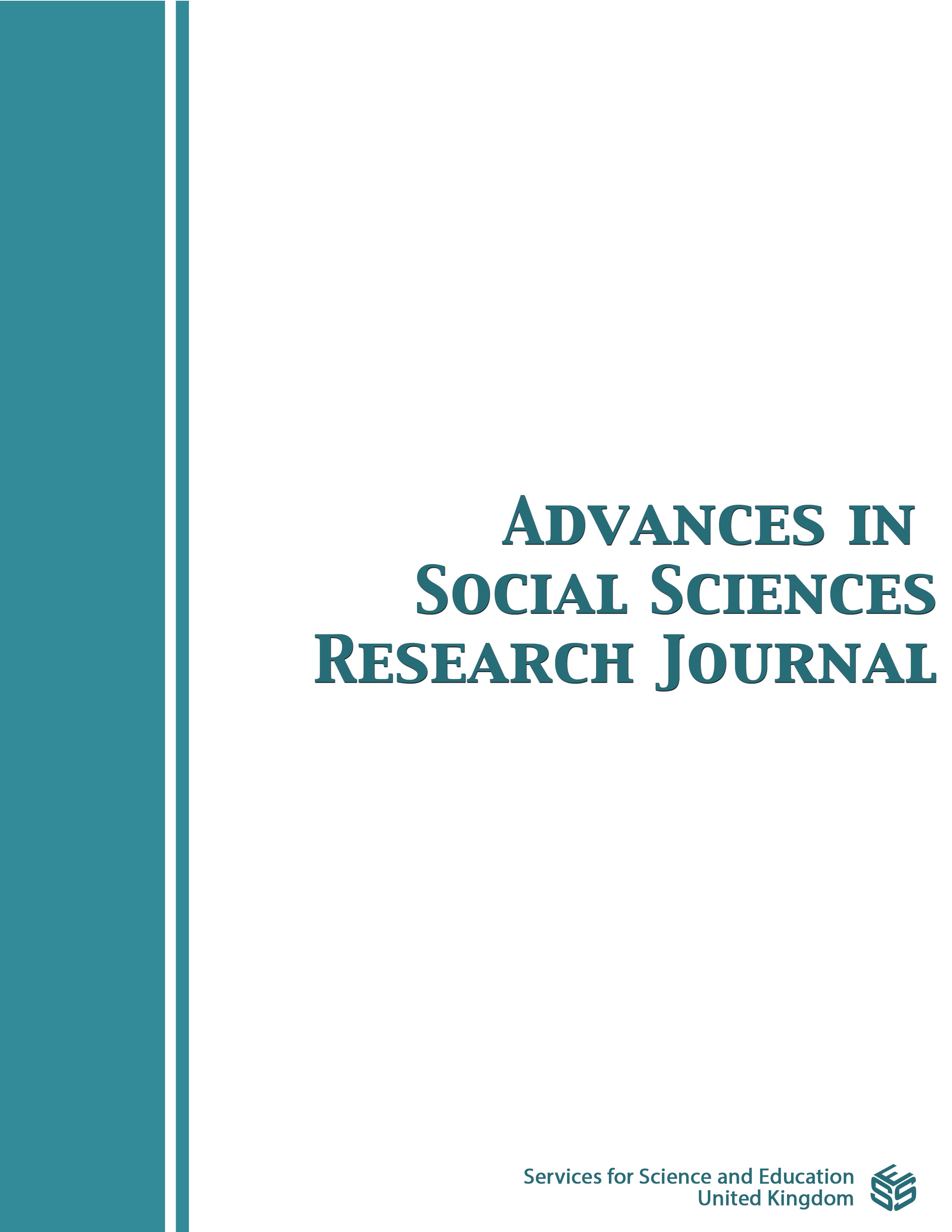Opportunities and Limitations for Adolescent Participation in Research – Lessons Learned from the End Child Marriage Flagship Evaluation in Ethiopia
DOI:
https://doi.org/10.14738/assrj.1201.18197Keywords:
participatory evaluation, applied research, adolescent participation in research methodological paper, qualitative evaluationAbstract
Despite the increased importance of downward accountability and the inclusion of program participants in all stages of program cycle management, the application of participatory research methods in program evaluations is still limited. This paper discusses the trade-offs between non-participatory and participatory evaluation approaches in international development cooperation and explores how program evaluations can meaningfully engage program participants while also adhering to established standards of academic rigor and pragmatic feasibility. The paper draws lessons and shares learnings from the End Child Marriage Flagship Evaluation, which integrated ‘conventional’ evaluation approaches and participatory research to meaningfully include adolescent program participants. Finally, the paper compares experiences of the evaluation to other participatory program evaluations and links lessons learned to a broader discussion about prerequisites and trade-offs for applying participatory evaluation approaches and calls to re-imagine conventional evaluation standards to enable program participants to engage in a meaningful way.
Downloads
Published
How to Cite
Issue
Section
License
Copyright (c) 2025 Johanna Kern, Haithar Ahmed , Valentina Prosperi

This work is licensed under a Creative Commons Attribution 4.0 International License.
Authors wishing to include figures, tables, or text passages that have already been published elsewhere are required to obtain permission from the copyright owner(s) for both the print and online format and to include evidence that such permission has been granted when submitting their papers. Any material received without such evidence will be assumed to originate from the authors.






